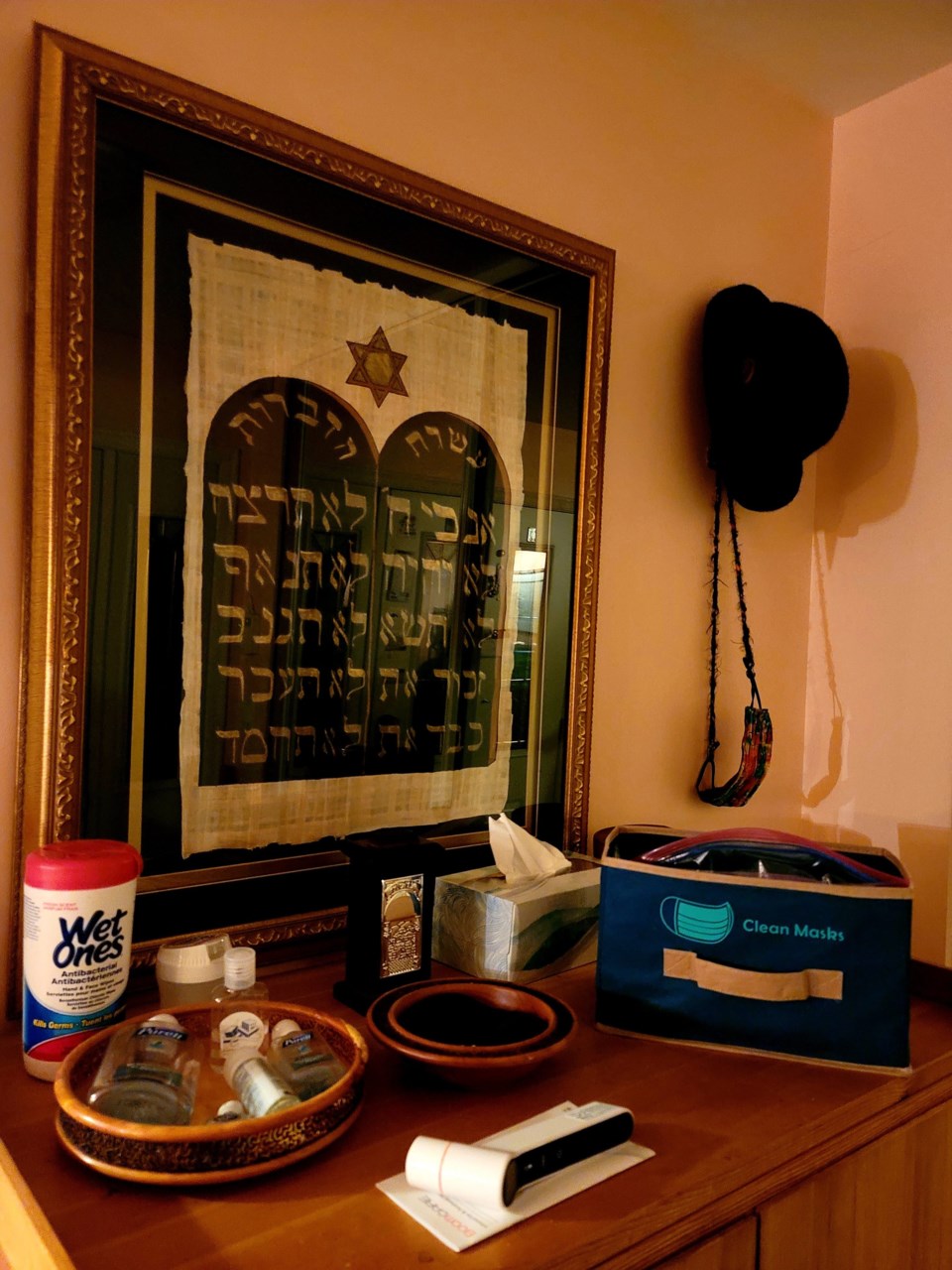Rituals sustain us. You might call them habits, routines, or traditions. They are things we often do without much thought, because they are  comfortable and familiar. They might be family traditions, such as eating spaghetti on Wednesdays because that's what we've always done. Simple things. They might be private routines that help us wake up, stay alert, reduce pain, go to sleep, and even dream peacefully. They might be rituals 'programmed' into us in our childhoods, or ones we chose as we grew older. And they can be helpful during this time as we live and love through the pandemic.
comfortable and familiar. They might be family traditions, such as eating spaghetti on Wednesdays because that's what we've always done. Simple things. They might be private routines that help us wake up, stay alert, reduce pain, go to sleep, and even dream peacefully. They might be rituals 'programmed' into us in our childhoods, or ones we chose as we grew older. And they can be helpful during this time as we live and love through the pandemic.
The last time I wrote for this column was in July 2020. At three months into the pandemic, we were just starting to adapt to wearing masks and physical distancing. The signs to stay 6-meters apart had yet to appear in public spaces, and at least on Vancouver Island, it seemed that the hope things might be back-to-normal by the Fall helped people to be patient and kind with one another. As the months passed by, that hope became fainter, and now as we know it has passed.
As front-line healthcare workers struggle with the mental and physical demands of serving an ever-growing number of patients, and other essential workers struggle with the changes to the way they perform their jobs in order to keep us safe, the rest of us struggle with processing the changes we face in the rituals of our daily lives. Rituals such as going for walks, collecting our mail, meeting friends, celebrating life events, and worshipping together no longer have the familiar and often calming feeling of connection to others, connecting to ourselves, and connecting to our Creator.
A full year after the first cases of Covid-19 were diagnosed in our country, physical-distancing signs and masks seem here to stay. They have become part of our societal rituals, with elbow and foot bumping replacing greetings of hugs and handshakes. Expressive, outgoing people struggle with the loss of everyday conversations with friends and strangers while they go about their business, and quiet, reserved people miss sitting in bustling coffee shops and malls just listening to the noisy chatter of others. The new rituals of wearing masks and physical distancing are still unfamiliar and uncomfortable.
To become more comfortable, we started a new ritual in our home. Each time we go out we ask, "Do you have your mask?" That simple reminder usually brings a smile or an eye-roll and sometimes both. To make the process of going outside easier, we keep a box of colourful homemade masks at our front door along with hand sanitizer and a handheld thermometer. Fittingly, these items sit on a shelf under a large picture of the Ten Commandments that has been at our front door for two decades, a constant reminder that even though we may not understand what is going on in the world, there is a Creator who is continually with us.
If you are reading this column, I imagine that you are thinking about your own rituals: mental, physical, and spiritual. If you are feeling lost, I encourage you to look to your own faith and heritage for rituals that will give structure and meaning to your days and weeks—the rituals that will sustain you through these hard times. For me, I find calm in meditating on the words in our morning and evening prayers, studying Torah and Talmud on Mondays and Wednesdays (via Zoom), teaching children to read Hebrew (via Zoom,) lighting Sabbath candles, resting on the Sabbath, and continually thanking G-d for this world.
Fiona has an ability to find the silver-lining in almost every cloud. If you are interested, here are the links to her July 2020 articles: Two simple activities towards a kinder world and Pandemic paves way to protect others from harm.

Fiona Prince, MA is a coach and teacher who provides fundamental communication and writing skills to help people succeed in their professional and academic lives. She worships at the Chabad Family Shul in Victoria where she volunteers teaching children and adults how to read Hebrew. Since March 2020. Fiona has been teaching Hebrew reading skills via Zoom. Contact her at morahfaiga@princeheron.com if you would like to learn with her.
You can read more articles on our interfaith blog, Spiritually Speaking, HERE
* This article was published in the print edition of the Times Colonist on Saturday, February 6th 2021


